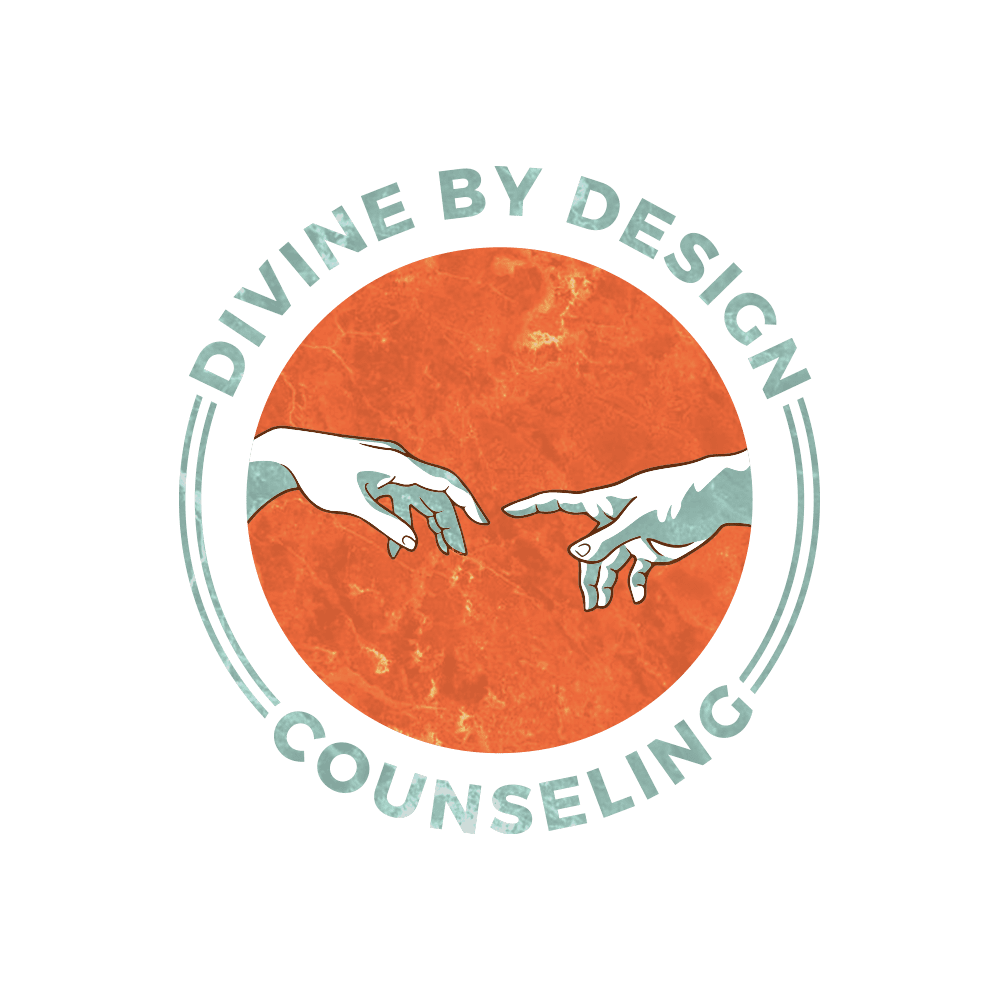Taking Inventory of Your Life
The concept of a holistic approach to mental health and wellness has been growing in popularity over the last several years with research and evidence showing the correlation between the state of our mental health and its impact on our well-being physically, spiritually and emotionally. Wellness centers, spas and facilities have cropped up in every city; all reminding us that there is intrinsic value in self-care and how it impacts our life.
Most people would agree, the pursuit of living a balanced life is either at the forefront or can be found somewhere in the recesses of their mind. At times it can be a gentle whisper to “slow down” or a condemning shout demanding that we “get it together.” Just before the turn of the New Year, we are reminded to evaluate, did we achieve our goal to live a more balanced life? These resolutions can include changing your eating habits, getting more exercise, finding time for meditation, clearing your schedule and the list goes on. What better time to revisit those self-proclaimed promises than right now. During this time of engaging in personal self-quarantine and “shelter at home” we have been afforded a time of reset. A time to reflect on our lives, take a step back from the busyness and evaluate your state of well-being. In my counseling office (via Zoom) I have had many conversations with clients reflecting how this down time has affected them and the changes they are desiring to make. Tired of the busyness and running to keep up, our conversations are centered on ways to live a better quality of life through learning to live in the present moment, an intentional increased awareness of body-mind-spirit connection and engaging with their emotions that are rising to the surface. You may find yourself having the same conversations or at the very least contemplating the same ideas. So, it seems the time is right and the time is now to look at your life and if necessary, make the needed adjustments that will set you on course to live a life that is fulfilling, balanced and from your true self. As my daughter describes her children as they are playing and exploring, “they are living their best life.”
What adjustments do you need to make to live YOUR best life?
What do you envision for yourself when you picture your life balanced? Does it mean creating a manageable schedule, setting better work boundaries, joining a gym or spending more quiet time with God? Wellness is an individual journey that looks different for each person according to their unique design. Wellness is not a state of utopia that is fleeting or a vapor in the wind. Rather it is a consistent state of well-being that remains flexible and adaptable. According to the World Health Organization, “Health is a state of complete physical, mental and social well-being, and not merely the absence of disease or infirmity” (1948).
To help you assess how balanced your life is we look to the model of the Wheel of Wellness that was developed in the 90’s. As a result of research in the field of individual psychology, categories emerged that correlated positively with health, quality of life, and longevity. Wellness is multi-dimensional. To experience “your best life” is to engage in a lifestyle that includes activities that promote good health and improve the quality of your life. Nutrition, exercise and other aspects of physical health are not the only dimensions of good health and wellness. In fact, there are eight.
As we look at the wheel, its dimensions are rather intuitive. You will notice that half of the categories are internally focused influenced by your core beliefs and values. In no particular order of importance (although I chose to list them alphabetically) these are the dimensions we will be exploring:
- Emotional – representing our psychological well-being, our ability to manage the challenges of life and feel fulfillment.
- Environmental – refers mainly to the immediate environment, which serves as the backdrop for our lives (ie. home life and workplace), but can represent the greater environment we occupy (ie. community).
- Financial – refers to our degree of contentment with our financial resources, which impact our sense of security.
- Intellectual – refers to our creative outlets, ability to take on challenges that expand our knowledge and skills.
- Occupational – this refers to the sense of fulfillment one gets from their work.
- Physical – representing our physical body, need for movement, nutrition and rest.
- Social – referring to our sense of belonging, connection and support within our relationship circles.
- Spiritual—Expanding a sense of purpose and meaning in life.
Over the next eight weeks we will take an in-depth look at each dimension, exploring and discovering for yourself where you are on the continuum of balance and well-being. How satisfied are you in each of the dimensions discussed? Rate them each on a scale of 1-5 (without internal judgment). Jot down areas of needed improvement as well as areas where you are experiencing a sense of achievement. The point is to take a holistic and honest look at your life.
Looking at the big picture, the concept fits that if any of the wheel dimensions are lacking, it is affecting the whole wheel and creating some instability in the pursuit of living your best life. Science confirms what scripture has taught all along; “if one part of the body suffers, the whole body suffers” (1 Corinthians 12:26 TPT). It is important in pursuit of good mental health and wellness, that all dimensions of the wheel are contributing. The medical community has arrived at the same conclusion. Mental health and physical health used to be treated separately without one referencing another. But with the implementation of integrated health, a more holistic approach is taking place with excellent results. Studies have confirmed that poor mental health leads to poor physical health as evidenced in depression, heart disease, anxiety, diabetes and other comorbidities.
In closing, here are four key foundational ingredients to mental health and wellness:
- Manage Your Internal Thoughts. “So keep your thoughts continually fixed on all that is authentic and real, honorable and admirable, beautiful and respectful, pure and holy, merciful and kind. And fasten your thoughts on every glorious work of God, praising Him always” (Phil. 4:8 TPT). Your mind will always believe everything you tell it. Feed it faith. Feed it truth. Feed it with love.
- Cultivating a life of Peace – Proverbs 14:30 wisely instructs us that “a tender, tranquil heart will make you healthy” (TPT).
- Practice gratefulness – “A joyful, cheerful heart brings healing to both body and soul” (Prov. 17:33 TPT).
- Creating margins in your life by setting priorities – God set eternity in the heart of man. (Eccl. 3:11).
Next Week: We will be exploring the Emotional dimension of wellness. Mental health and wellness is a condition of the heart.
Proverbs 4:23 instructs us to “Take care of your heart for every issue of life flows from it.” It’s from your heart that your thoughts are formed which produce your feelings which influence your behavior. What is the condition of your heart? I hope you will make an investment in yourself and join us!






0 Comments